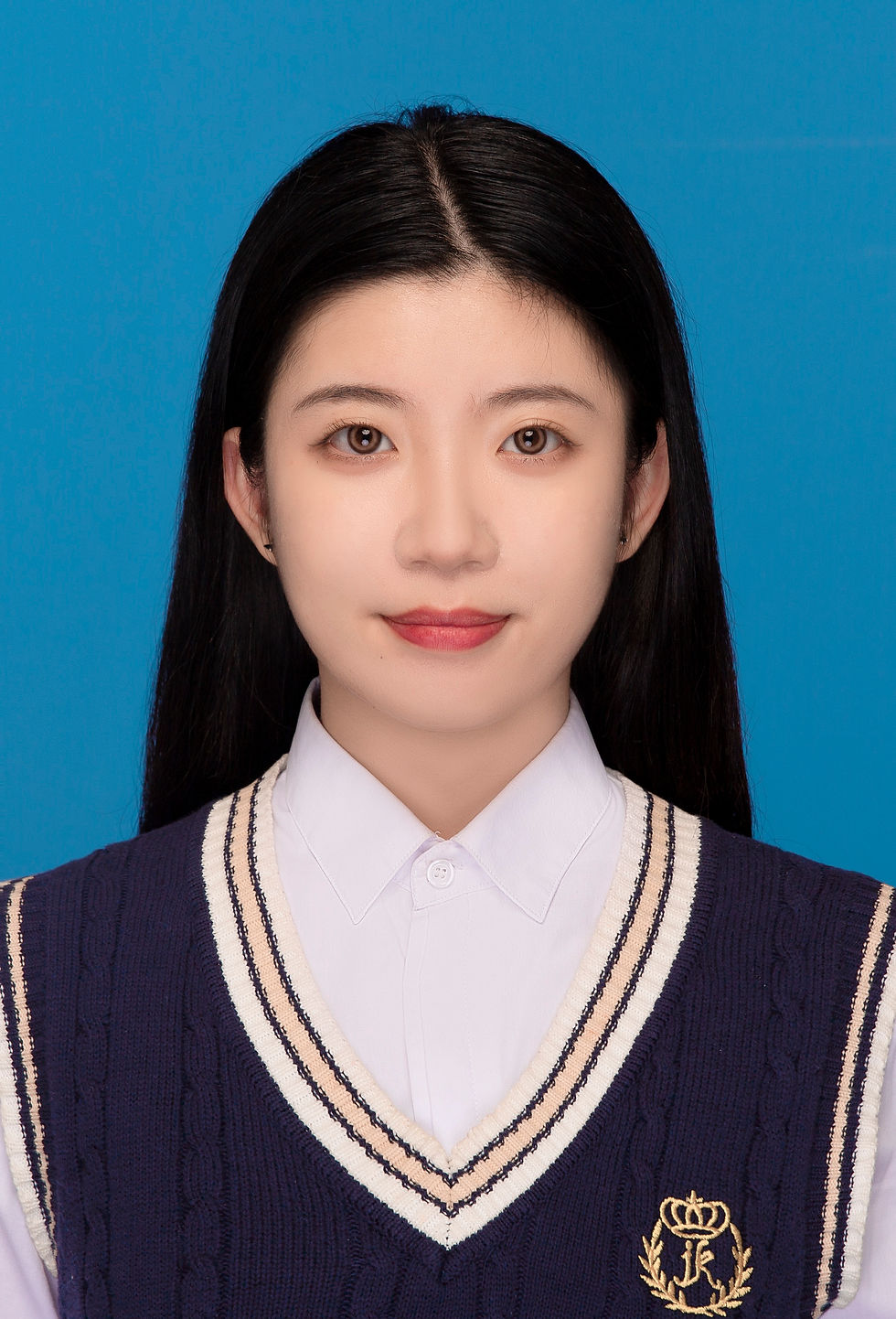Ching-Fang Lee
- May 31, 2025
- 3 min read
Updated: Jun 22, 2025
6.24 Teaching Life Education through the Arts in General Education (Paper)

Ching-Fang Lee – Department of Fine Arts, National Changhua University of Education, Taiwan
Abstract:
In response to the rapid changes and developments in Taiwanese society, the twelve-year basic education program has gradually integrated life education and related topics into its curriculum guidelines. This includes five core competencies – philosophical thinking, exploration of humanity, ultimate concern, value reflection, and spiritual cultivation – as well as the so-called “three questions of life”: Why do I live? How should I live? How can I live a life of unity between knowledge and action? The essence of this initiative emphasizes student self-awareness as a central focus, fostering a deeper cultivation of humanity alongside the ability to think critically and solve problems. Eisner (1997) noted that “a work of art presents feelings… for our contemplation, making it visible or audible or in some way perceivable through a symbol… Artistic form is congruent with the dynamic forms of our direct sensuous, mental, and emotional life; works of art are precious representations of ‘felt life’” (p. 6).
This study aims to immerse creative art activities and critical thinking into the teaching of life education within a general education framework. Art engagement and the five core competencies will be used as tools to encourage students to discuss the three questions of life. The study will be conducted with students in the Department of Fine Arts in the course The Exploration, Development, and Practice of Life, which has been a requirement for freshmen at the National Changhua University of Education in Taiwan since 2016. Qualitative art-based research and content analysis methods will be employed to collect and analyse data. It is hoped that this study will promote students’ civic awareness, striving for a harmonious balance between self-realization and social practice.
7.5 Curriculum Design and Implementation of Eastern Art Appreciation Teaching for the Elementary Schools in Taiwan (Paper)
Ching-Fang Lee – Department of Fine Arts, National Changhua University of Education, Taiwan
Mei-Chih Chang – Tanyang Elementary School, Taichung City, Taiwan
Li-Hui Wang – Hudong Elementary School, Changhua, Taiwan
Abstract:
David Perkins (1994), co-director of Harvard’s Project Zero, proposes looking at art as a means to cultivate thinking dispositions. Shinya Niiseki et al. (2024), in A Different Art Appreciation Class: Japanese Appreciation Learning Assessment Scale, state that “appreciation is one of the important ways to cultivate thinking, judgment, and expressive abilities” (p. 11). Nevertheless, art teaching in the elementary schools of Taiwan has been creation-oriented, emphasizing skills of artistic expression, while art appreciation teaching is often neglected. In a survey of elementary school teachers in central Taiwan in the fall of 2024, Mei-Chih Chang uncovered that art teachers generally affirmed the importance of art appreciation teaching. However, they also reported obstacles to the implementation thereof, including the lack of relevant teaching materials, time-consuming in professional development, difficulties in teaching assessment, and transportation inconvenience to art venues for field trips.
To assist more art teachers in conducting art appreciation teaching, this paper aims to (1) capture the current landscape of art appreciation teaching implementation in Taiwan’s elementary schools; (2) explore the curriculum design and teaching strategies for integrating Eastern art into elementary school art appreciation teaching; (3) implement art appreciation teaching and analyse students’ learning feedback as references for teaching materials design improvement. A mixed methods approach is employed. The qualitative research component is to implement, iteratively review, and revise Eastern art appreciation teaching through action research. The quantitative research component analyses questionnaires to capture student learning performance and feedback. The results will provide references for teachers interested in researching or engaging in elementary school art appreciation teaching. It is expected to support teachers to cultivate students’ reflective thinking abilities through implementing appreciation courses, enhance their artistic sensibility and aesthetic literacy by introducing the appreciation and analysis of Eastern art, and promote diverse abilities beneficial to future learning and development.



Comments